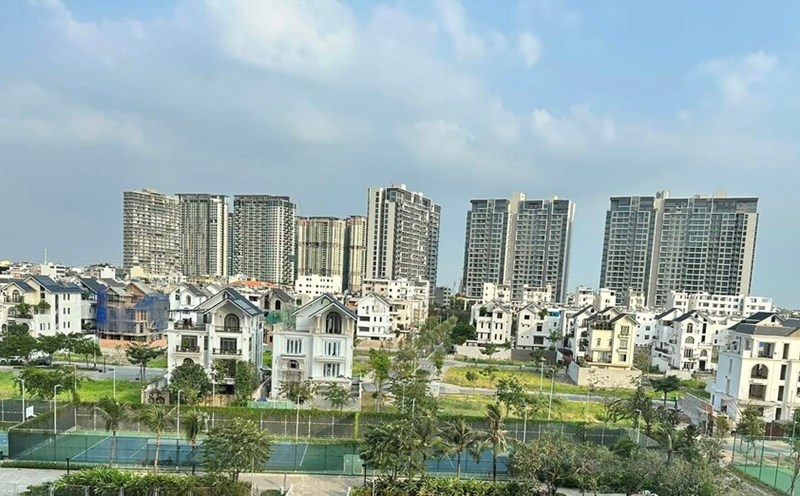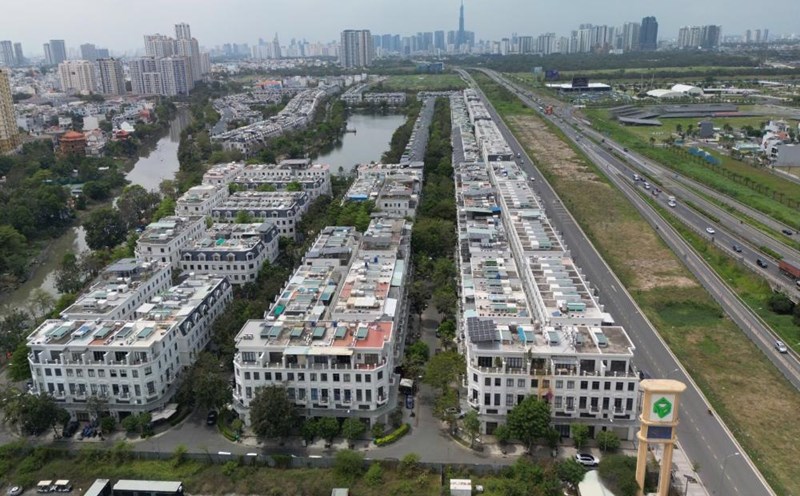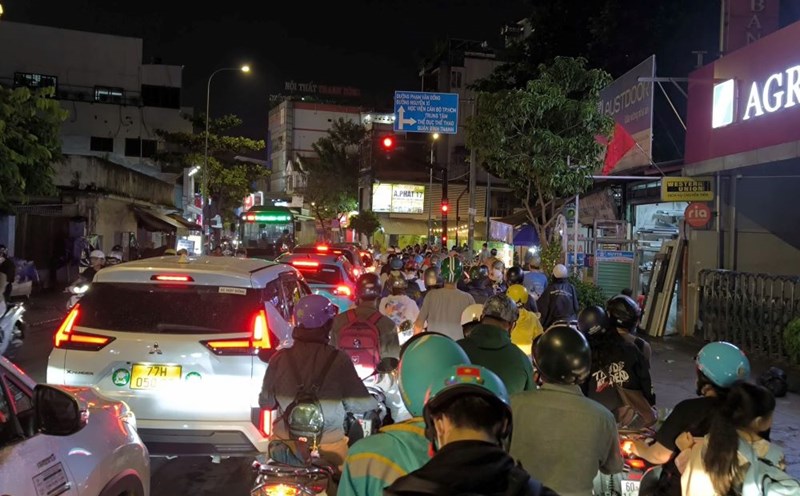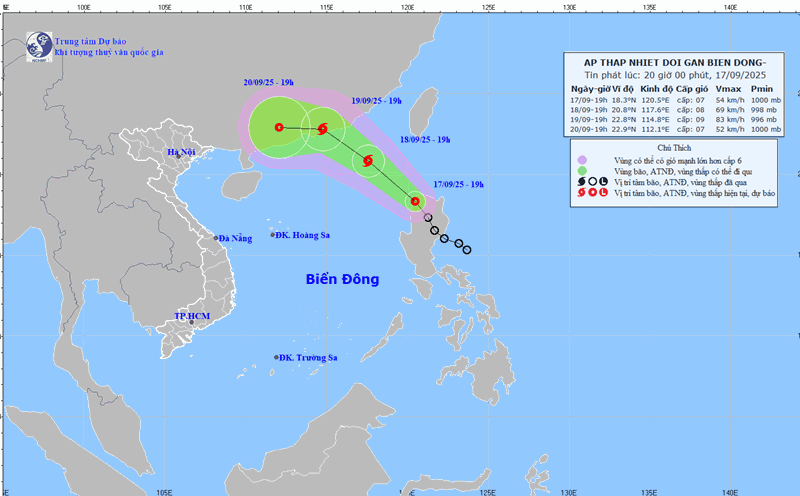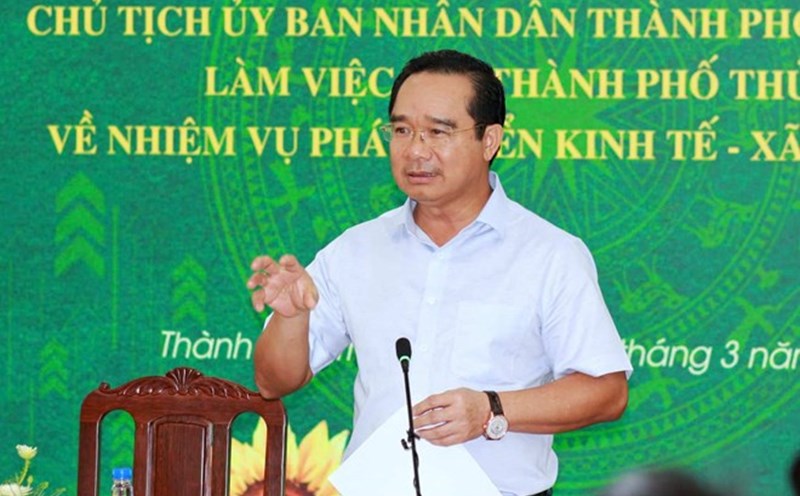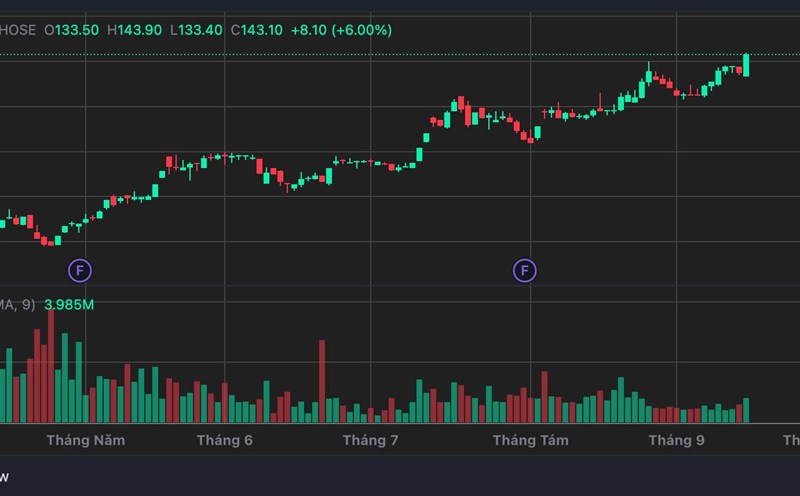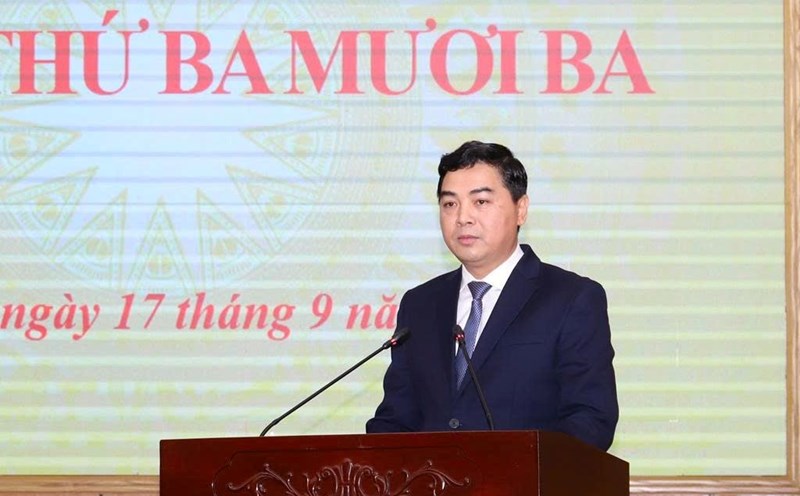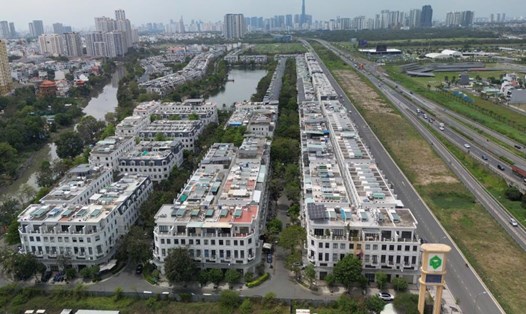This information was stated in the report of the Ho Chi Minh City People's Committee sent to Deputy Prime Minister Tran Hong Ha and the Minister of Agriculture and Environment on recommending a number of difficulties and problems in applying Article 63 of Decree 102/2024/ND-CP (dated July 30, 2024) of the Government detailing the implementation of a number of articles of the Land Law.
According to the report of the Ho Chi Minh City People's Committee, there are currently nearly 100 records in the city subject to the application of Article 63 of Decree 102.
These are mostly cases arising before the 2013 Land Law, a long time making it almost impossible to collect old data as a basis for determining specific land prices.
In early 2025, the Ho Chi Minh City People's Committee issued Official Letter No. 443/UBND-DT to the Ministry of Agriculture and Environment on problems related to land price adjustment coefficients.
After that, the Department of Planning and Land Resources Development (Ministry of Agriculture and Environment) issued an official dispatch guiding the implementation, requesting the locality to hire a land valuation organization to build a certificate, submit to the specific land valuation council before the Ho Chi Minh City People's Committee approves.
However, the option of applying the land price adjustment coefficient has encountered many problems due to the inability to find similar comparative information in the past.
The work of determining specific land prices is at a standstill, becoming a major bottleneck for the socio-economic development of Ho Chi Minh City and the urbanization process of the whole country. Hundreds of real estate projects in the city have fallen into a state of stagnation or temporarily suspended legal procedures due to delayed and prolonged land price determination.
This has caused many consequences: Real estate projects cannot be implemented according to plan, housing supply is scarce, investors have difficulty in recovering capital, and there is a risk of financial imbalance.
The city also lost budget revenue, urban appearance was slow to improve, and there were even cases of people complaining and filing lawsuits in large numbers, posing a potential risk of a security and order hot spot.
To clear the bottleneck, the Ho Chi Minh City People's Committee proposed that the Government allow the application in the following direction: For cases where land prices must be determined according to the adjustment coefficient (stipulated in Article 63 of Decree 102), the land price list issued by the Provincial People's Committee at the time of land allocation, land lease, and land use purpose change will be multiplied by the 2015 land price adjustment coefficient.
According to the Ho Chi Minh City People's Committee, this approach is both suitable for market prices and harmonizes the interests between the State and businesses, without causing budget losses and wasting land resources.
More importantly, this solution will help projects be completed according to the plan soon, supplement housing supply, speed up the progress of granting Land Use Rights Certificates, and create confidence for investors.
Ho Chi Minh City proposed that Deputy Prime Minister Tran Hong Ha assign the Ministry of Agriculture and Environment to coordinate with ministries and branches to study and amend Article 63 of Decree 102 in a more flexible direction for backlog records from the application period of the 2003 Land Law.
For projects implemented under the 2024 Land Law, the Ho Chi Minh City People's Committee assessed that the implementation process is favorable, achieving initial positive results, therefore recommending to keep the regulations on determining specific land prices in the current law.

